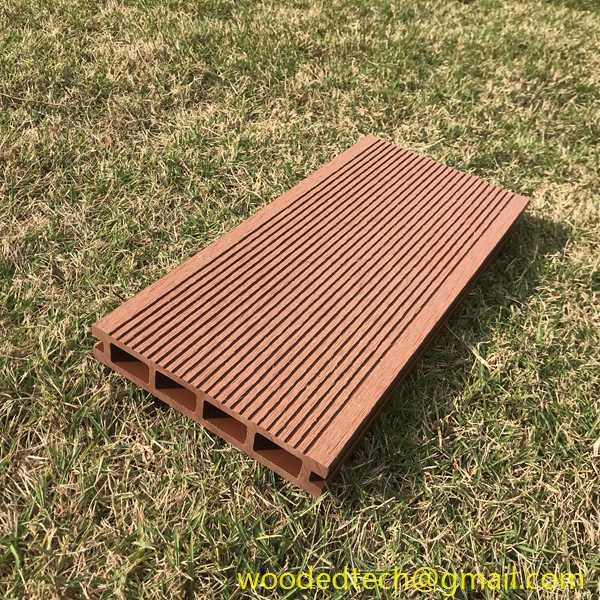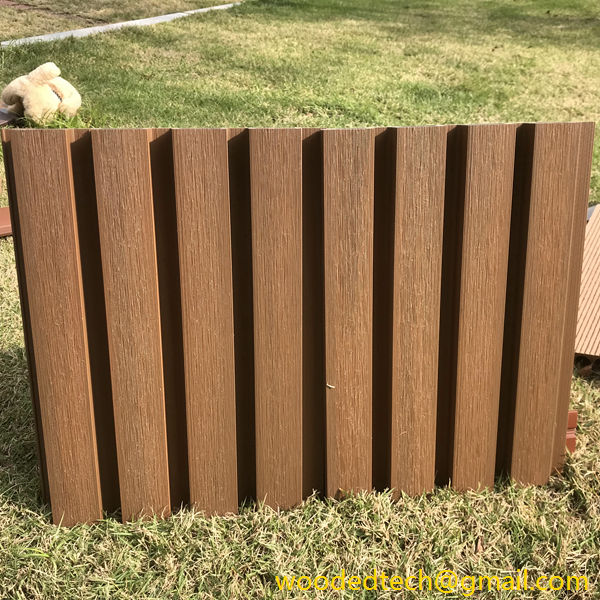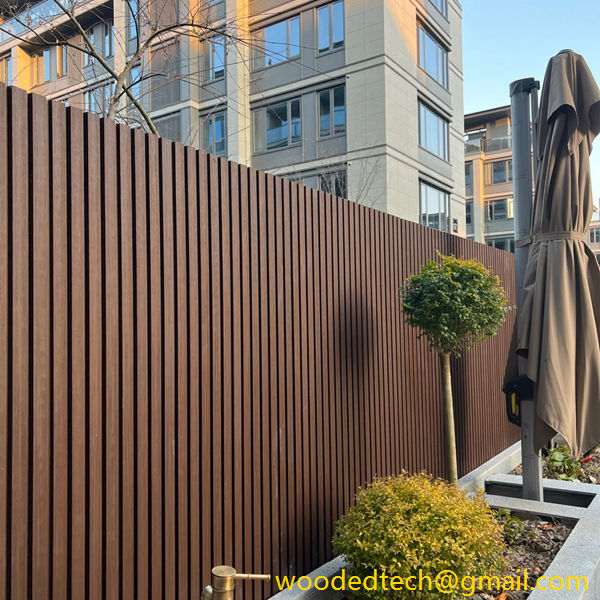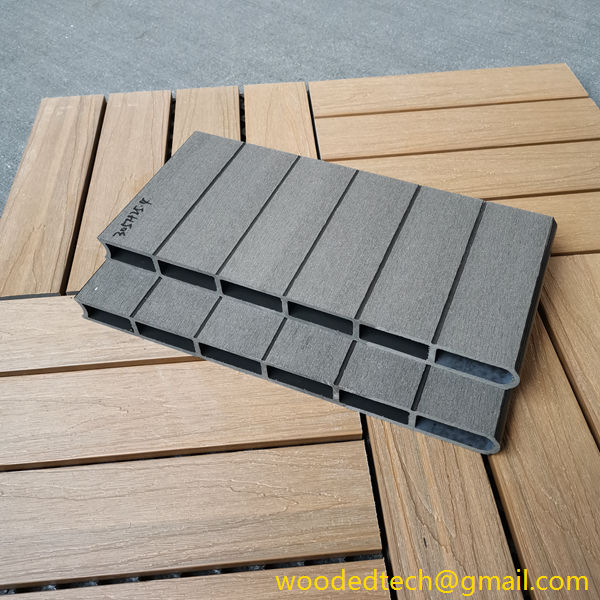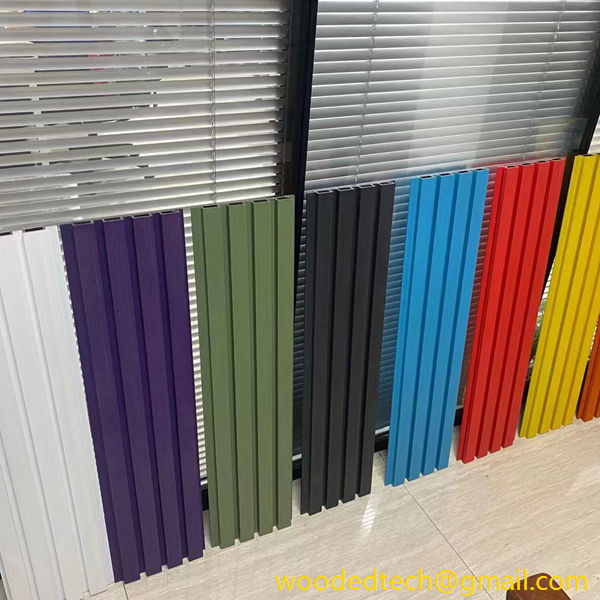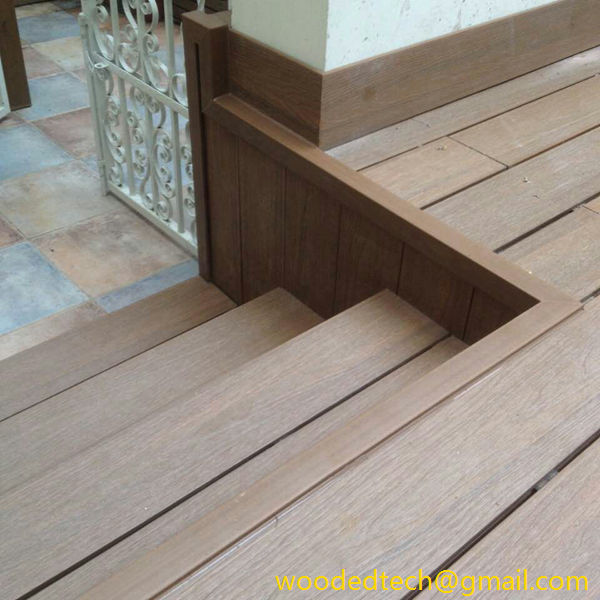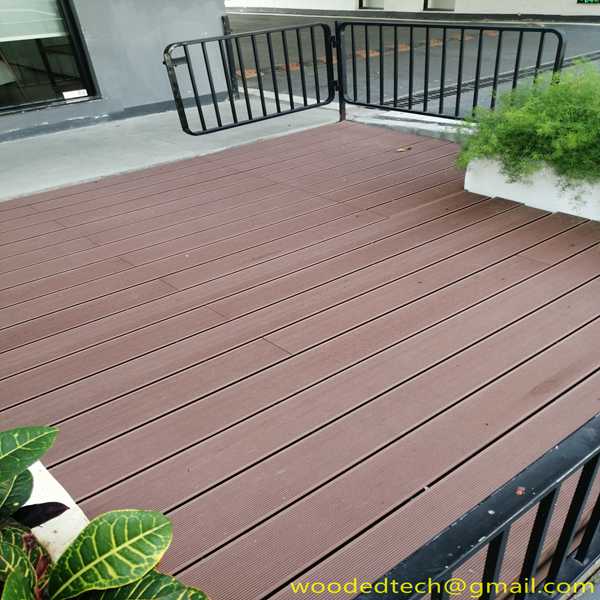Is composite decking cheaper than wood?
When discussing the cost of composite decking vs. wood, we need to consider several dimensions.
First, composite decking has a wider price range in the market due to its manufacturing process and material diversity.
Traditional wood has obvious price differences due to different types, origins, and processing levels.

Composite decking is usually composed of wood powder, plastic and additives, and is pressed at high temperatures to have better water resistance, stability and durability.
This means that the maintenance cost of composite decking is relatively low in outdoor or humid environments.
In addition, since a large amount of recycled materials can be used in the production process of composite decking, the impact on the environment is also small.
In contrast, although natural wood has a natural and beautiful texture and color, its susceptibility to moisture, cracking and rotting means that more maintenance work is required, such as regular painting or anti-corrosion treatment, which will undoubtedly increase additional long-term costs.
In addition, the procurement and processing costs of high-quality wood are usually higher than composite decking.
Is composite decking cheaper than wood?
Overall, although the initial investment of composite decking may be slightly higher than some low-grade wood, considering its longer service life and lower maintenance requirements, composite decking is often a more economical choice in the long run.
Therefore, for consumers with limited budgets who want to reduce long-term maintenance investment, composite decking is undoubtedly an option worth considering.


